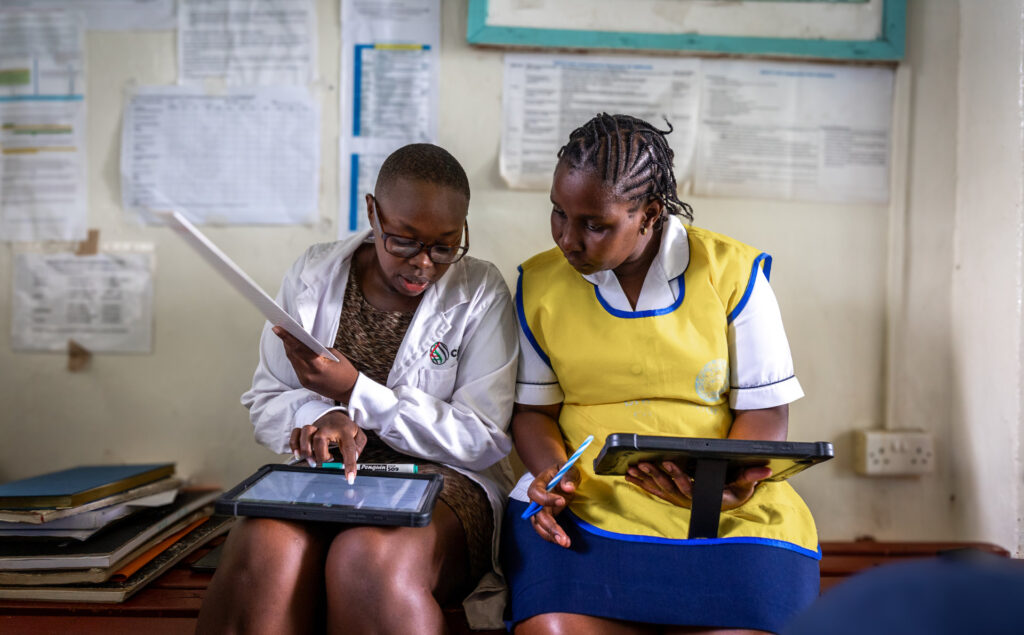Countries Integrate HIV and STI Care Into Primary Health Systems

Countries Are Integrating HIV, Hepatitis, and STI Services Into Primary Health Care
Countries around the world are increasingly working to integrate HIV, viral hepatitis, and sexually transmitted infection (STI) services into their primary health care (PHC) systems. This shift responds to declining donor funding and the urgent need for sustainable, country-owned health strategies.
A new policy brief from the World Health Organization highlights the progress and lessons learned from 10 countries — including Brazil, Kenya, Ethiopia, Pakistan, and Viet Nam — as they align disease-focused services with broader health system reforms.
Integration Leads to Better Access and Outcomes
These countries are adopting a people-centered approach, combining disease-specific services with PHC to:
-
Improve access to essential services
-
Strengthen community engagement
-
Deliver more efficient and sustainable care
-
Enhance health outcomes
-
Secure long-term financing
The policy brief is built around the WHO/UNICEF PHC Operational Framework, which includes 4 strategic and 10 operational levers. Countries that acted across four or more levers saw the most success.
Key Strategies for Effective Integration
The policy brief recommends several critical actions:
-
Strong political leadership and governance
-
Sustainable funding models
-
Health system–focused planning, rather than siloed programs
-
Task sharing among health workers to expand capacity
-
Community engagement to foster trust and equity
-
Anti-stigma efforts to improve service uptake
-
Digital health tools to support delivery
-
Private sector partnerships for innovation and scale
This integrated model provides a clear pathway for countries to improve service quality and resilience while meeting the needs of vulnerable populations in a cost-effective, sustainable way.
Source: World Health Organization
: 217







